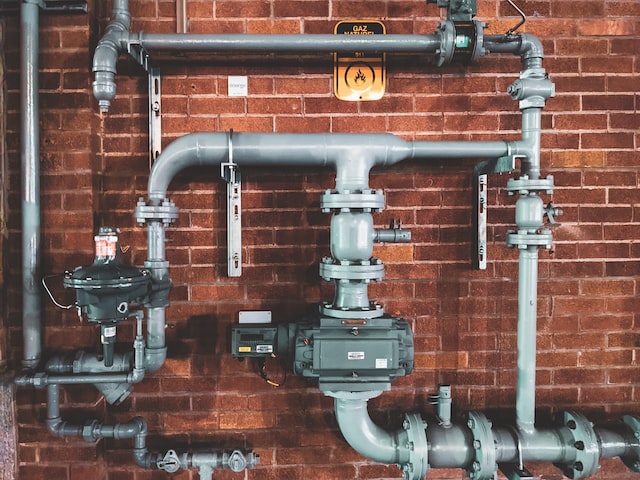There are important facts about commercial water heaters. These include size, energy efficiency, and costs. Read on and visit commercial water heaters in Pleasanton CA to learn more! After reading this article, you’ll be better equipped to choose the right commercial water heater for your business. We’ll cover all the facts you need to know. And don’t forget to ask questions about your needs. Ultimately, you’ll be glad you took the time to read this article!
Overview
Most people don’t know much about commercial water heaters. They use hot water for residential purposes. But there’s a whole industry of these appliances that you might not know. Until the invention of tankless water heaters in 1929, most water heaters were made by one company. Tankless models are still not the most eco-friendly despite their many benefits.
Commercial water heaters heat large volumes of water quickly. Fast heating rates are essential for commercial water heaters because they don’t want to disrupt business operations. Most of these heaters can last anywhere from 10 to 12 years. Compared to a residential tank water heater, a commercial tankless unit can last up to 18 years. And because commercial water heaters use so much energy, they are necessary for your business.
Energy Efficiency
The Department of Energy recently proposed new rules for commercial water heaters. The standards would mandate a new type of condensation technology. They would also require the use of less energy and reduce greenhouse gas emissions. The new measures would go into effect in 2026. Businesses could save as much as $140 million annually if they adopt these new technologies. In addition, this would mean that certain inefficient natural gas water heaters would be eliminated from the market.
Commercial water heaters should meet the Department of Energy’s First Hour Rating (FHR), which measures their initial efficiency. This test begins at three gallons per minute and is discontinued once the hot water outlet temperature falls to 15degF. The First Hour Rating is supplied by the Air-Conditioning, Heating, and Refrigeration Institute (ASHRAE) and Bradford White, subject to continuous improvement.
Costs
The price of a water heater varies widely, depending on its size and type. A typical thirty to the fifty-gallon unit will cost anywhere from $500 to $1,800. Permits and carpentry work add another fifty to sixty dollars. Expanding tanks are also an additional cost; they typically require an additional $400 to $500. The following price ranges are general estimates and don’t include transportation and installation.
Storage-type water heaters are typically sized according to water demand per fixture or capita. This method is most appropriate for light commercial facilities. The ASHRAE Handbook for HVAC Applications provides suggested capacity profiles. These profiles help choose a storage tank size and recovery rate. However, you should always consider the capacity of your business before selecting a commercial water heater. You’ll incur excess long-term operating costs and capital expenses if you don’t.
Size
The size of a commercial water heater is an important consideration. Too large or too small will not only result in a higher water bill but will also result in running out of hot water at some point. In addition, it will put additional strain on the unit and reduce its lifespan. Therefore, it is essential to choose the right size for your application. To determine the correct size of a commercial water heater, consider the following factors.
First, you need to know the peak demand for hot water. Typically, storage-type water heaters are sized based on the amount required per fixture and capita. This method is most common for light commercial facilities. This method allows you to choose the correct storage tank size and recovery rate. However, it would help if you considered special considerations like the number of people living in your building. In addition to considering the number of people, you need to know how much hot water is used daily.
Maintenance
Proper maintenance of your commercial water heater is essential, whether you run a small office or a large office building. Whether your water heater is old and prone to leaks, it is vital to have regular maintenance to avoid costly repairs. Follow these maintenance tips to keep your commercial water heater running at peak efficiency. A checklist of essential maintenance tasks can help ensure that your commercial water heater is in good working condition. Make sure to follow these guidelines to ensure safe maintenance.
The first step in performing water heater maintenance is removing any sediment collected in the tank. The sediment can negatively affect the efficiency of energy spent heating water. If the deposit is left on the tank, it can affect energy efficiency. Remove residue and clean it out periodically with a hose to avoid this. If sediment is clogged, contact a professional plumber for help. Otherwise, hire a water heater repair company to perform your maintenance.
